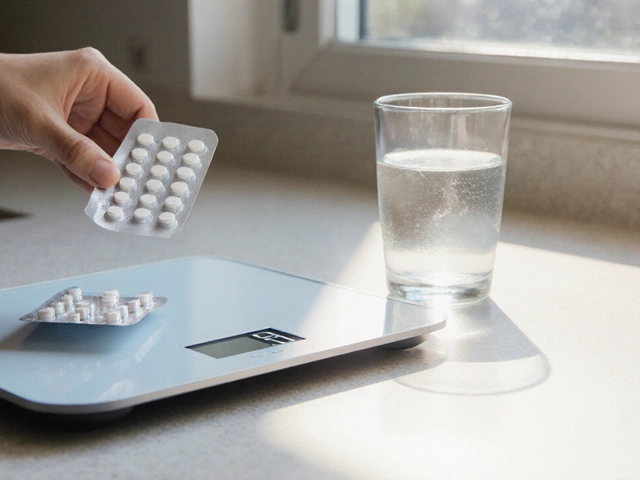Insulin Safety and Toxicology: A Practical Guide
Insulin saves lives, but like any drug it can cause problems if used wrong. In India many people rely on insulin for diabetes, so knowing the safe way to store, dose, and watch for side effects is a must.
First off, insulin isn’t a poison, but a hormone that lowers blood sugar. Problems start when the dose is too high, the product is expired, or it’s mixed with other meds that affect blood sugar. A quick way to spot trouble is the classic symptoms of low blood sugar: shakiness, sweating, confusion, or sudden anger. If you feel any of these after a shot, check your glucose level right away.
How to Avoid Insulin‑Related Toxicity
Keep your insulin in the fridge (2‑8°C) until you’re ready to use it. Once a vial or pen is opened, most brands stay good for about 28 days at room temperature, but always read the label. Hot weather can break down the protein and make it less effective, which could lead to higher doses and risk of overdose.
Never share needles or pens. Re‑using a needle can introduce bacteria, and mixing insulin with other injectable drugs can cause unpredictable reactions. If you’re on other medicines—like steroids, certain antibiotics, or heart drugs—talk to your doctor because they can change how insulin works.
Dosage Tips and When to Seek Help
Start with the dose your doctor prescribes, then adjust only under medical guidance. A common mistake is “doubling up” after a missed dose; this often leads to dangerously low blood sugar. If you skip a dose, take the next one at the regular time and skip the missed one unless your doctor says otherwise.
Watch for signs of insulin resistance, where you need larger doses for the same effect. This can happen with weight gain, stress, or infections. If your blood sugar stays high despite sticking to the plan, call your doctor—there might be an underlying issue that needs attention.
In an emergency, keep a fast‑acting sugar source handy: glucose tablets, a spoonful of honey, or fruit juice. If you or someone else loses consciousness, a glucagon injection can reverse severe low blood sugar, but only a trained person should give it.
Finally, be aware of counterfeit insulin. Sadly, fake products circulate in some markets and can cause no effect or harmful reactions. Buy only from reputable pharmacies and check the batch number against the manufacturer’s website if possible.
Understanding how insulin works, how to store it, and what to watch for can keep you safe and effective on your diabetes journey. Stay informed, follow your doctor’s advice, and don’t hesitate to ask questions about any new symptom or medication change.

What's the Safest Diabetic Medicine to Take?
Choosing the safest diabetic medicine can feel like navigating a maze. With options like Metformin and various types of insulin, it is important to understand their effectiveness and safety. This guide breaks down the essentials, shedding light on the safest choices for managing diabetes today. Discover tips and interesting facts to help make informed decisions about your health.

Understanding the Root of 90% of All Cancers
Feb, 27 2025



